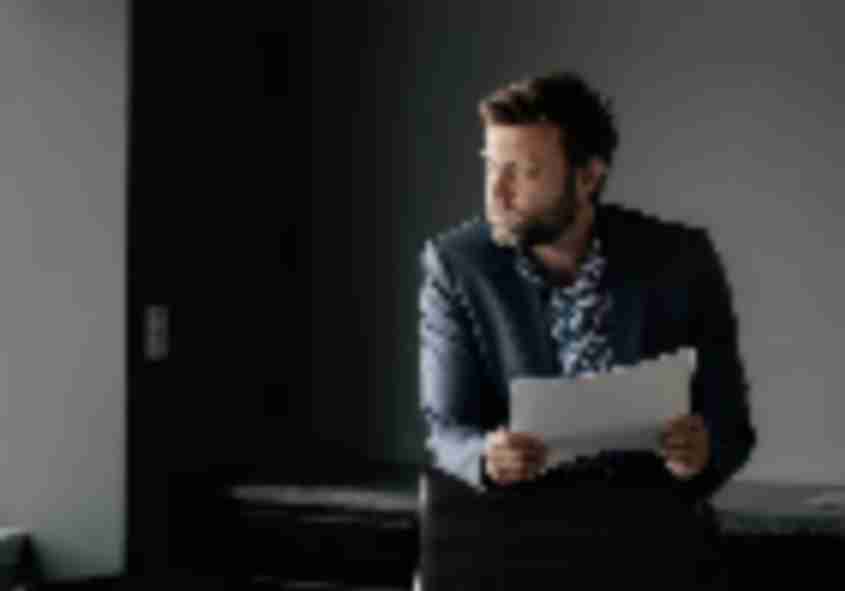
Share This Article
In a recent blog post we answered five frequently asked questions about Permanent Partial Disability, a benefit that injured workers sometimes qualify for which is separate from a workers' compensation indemnity award or settlement.
In this post, we dive a bit deeper to answer some additional questions that may arise when you've suffered a work injury that has left you with ongoing disability or reduced function in a specific body part from which you won't medically recover.
1.What is MMI?
MMI stands for Maximum Medical Improvement and is a legal term that indicates when an employee who has suffered a work injury has reached a plateau in his or her treatment and healing process from which no additional improvement in their recovery is expected. In other words, from a functional perspective on the use of a limb or body part, "This is as good as it's going to get."
There is no set time limit for how long reaching MMI may take. Some patients could reach their maximum level of healing within the first few months after an accident while for others it may take years of treatment. When there is surgery and ongoing pain management is involved, it typically takes longer to reach MMI than for a straightforward injury such as a simple bone break or laceration.
2.When should I file my claim to receive Permanent Partial Disability benefits?
This question doesn't have a simple answer because every claim is different. Keep in mind that in the Commonwealth of Virginia, you won't qualify to receive permanent partial disability benefits until you have reached MMI and your treating physician has signed documentation to verify it. And as stated above, there is no typical timeframe for how long that process may take.
The statute of limitations to file a claim for a work injury in Virginia is two years, but we recommend filing right away. In general, you have three years from the date of your injury to file a claim for PPD benefits, but you still must file your original claim for medical benefits and/or lost wages within two years of the date of your accident. You may file electronically, in person or by mail.
We recommend that you seek the counsel of an experienced workers' compensation attorney, like those at Commonwealth Law Group, to help you file your claim so that you can rest assured that your claim is filed correctly.
3.How is a Permanent Partial Disability claim proven and documented?
To be approved to receive PPD benefits, claimants must procure the following documentation and meet these requirements:
- The claimant must have a written and signed report from his or her treating physician that verifies in narrative detail that the claimant has reached Maximum Medical Improvement (MMI) for the injuries suffered on the job. This documentation is required to be in writing.
- An official disability rating, as prepared by the treating doctor or a qualified and approved physical therapist. This documentation is known as an impairment rating and is a percentage between 0 and 100 that reflects the percent loss of use of the injured body part in question. The documentation will also provide a detailed explanation of why the medical professional who prepared it gave that particular percentage as the rating. The treating doctor should review the rating in detail and sign the documentation in order for it to be valid.
4.Who pays for the Permanent Impairment Rating?
The Virginia Workers' Compensation Act does not require employers to pay to have an injured worker evaluated to establish an impairment rating. There are situations where an employer and its insurer will pay for the evaluation, but it doesn't happen in every case.
However, that's not necessarily a bad thing. While the evaluation and rating can be expensive, if the employer and its insurer aren't footing the bill, the claimant is free to choose which certified examiner will perform the evaluation.
5.What if I return to work: Do I automatically forfeit PPD benefits?
No, returning to work won't end your PPD benefits. Once a PPD benefit has been awarded, the claimant will receive it whether he or she returns to work full duty or light duty.
If you have been injured at work or through the negligence of another individual or entity, contact us at (804) 999-9999 or or use the form below to connect with our legal team. We will fight to get you the justice you deserve.
